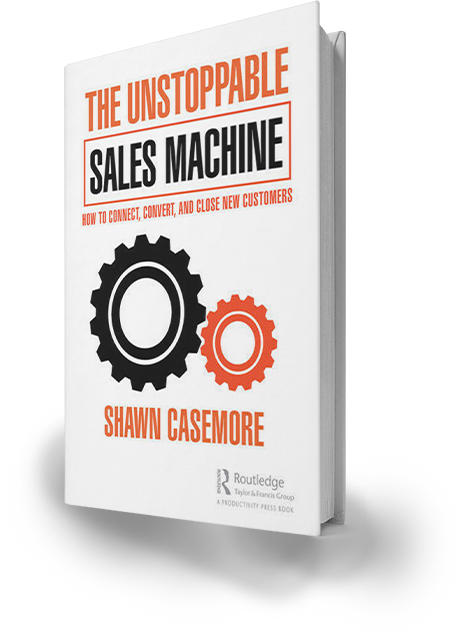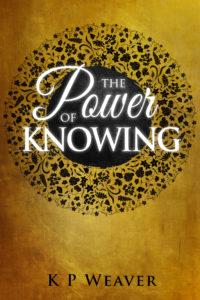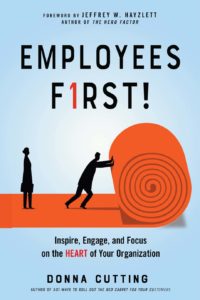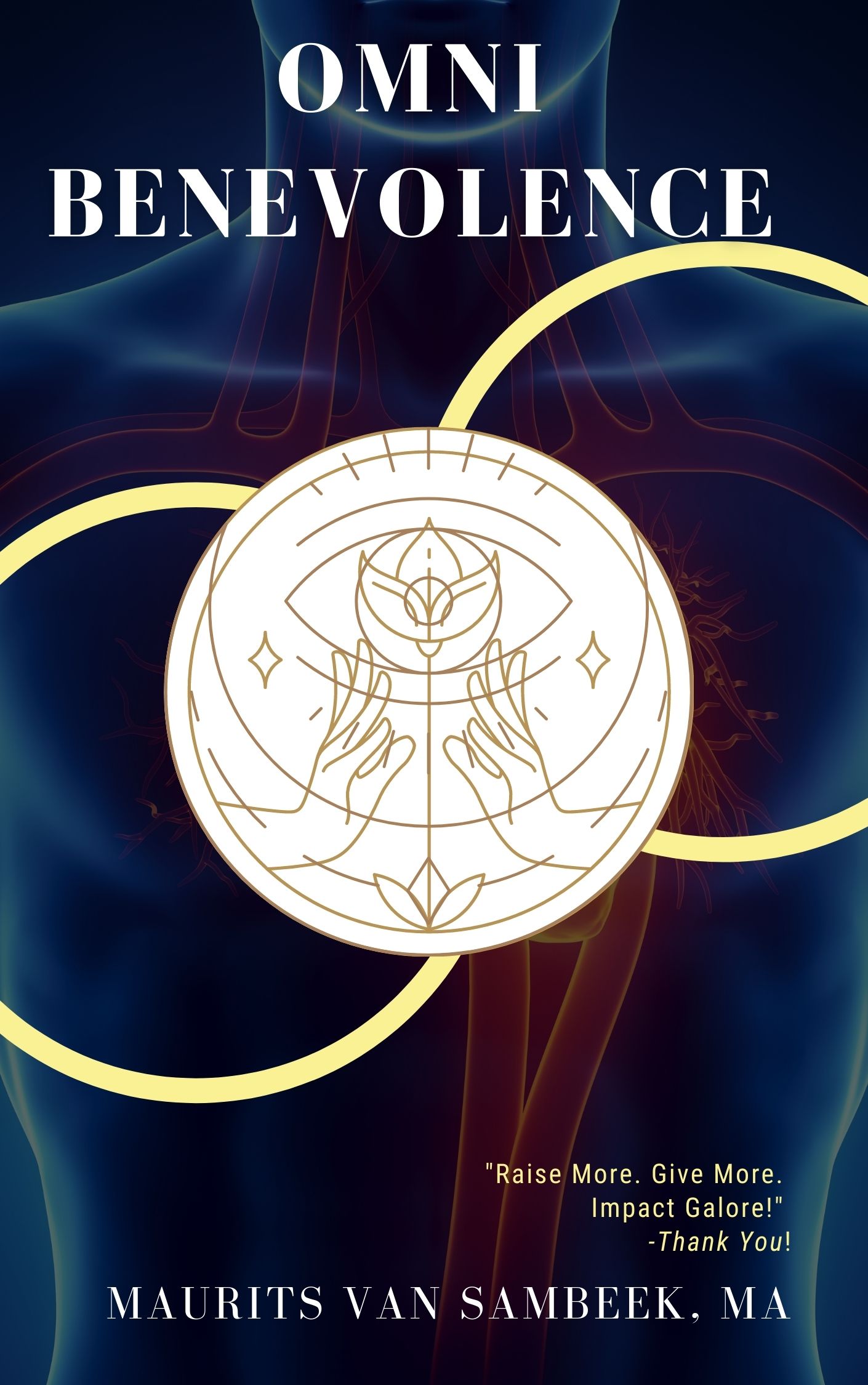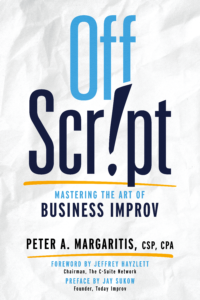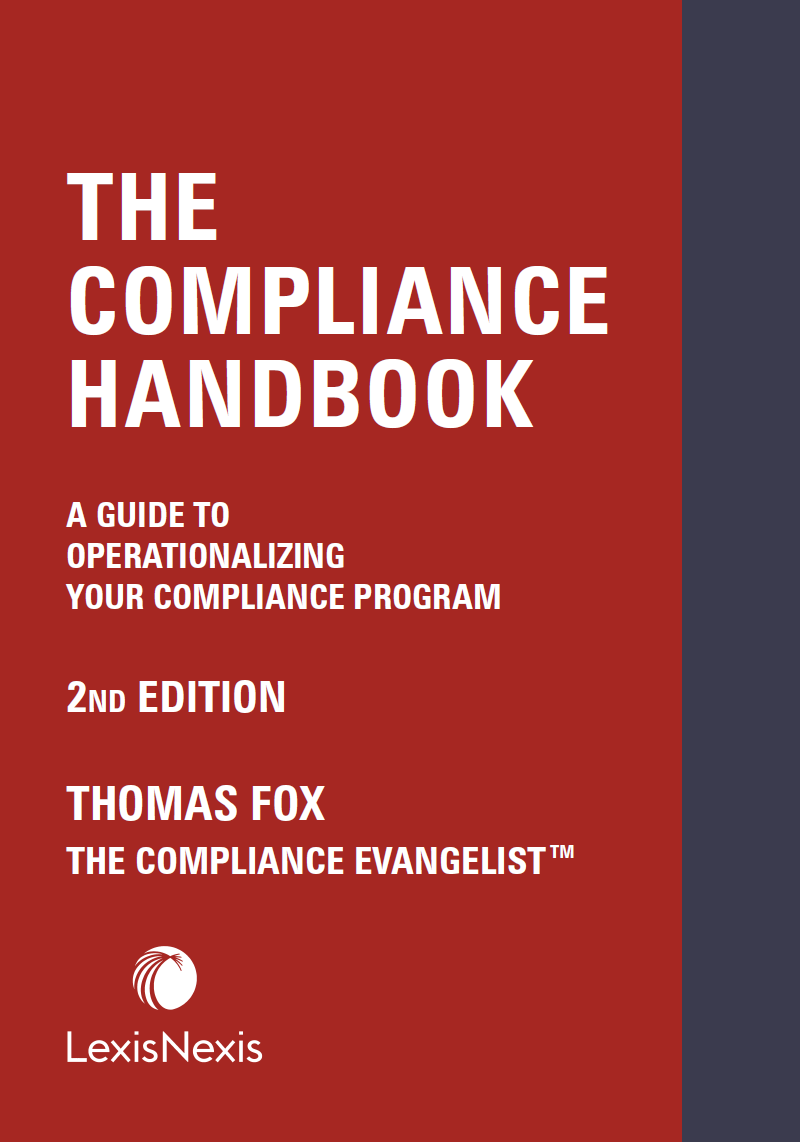A Passionate Life: Seven Steps for Reclaiming Your Passion, Purpose and Joy
Rick Broniec, MEd.
If you’re missing passion in your life and work, if your leadership seems blah and ineffective and if you’ve lost your way and seem to have no purpose or joy in your work, then this book is for you! “A Passionate Life: Seven Steps for Reclaiming Your Passion, Purpose and Joy” (Available in book and e-book formats on Amazon.com) powerfully shares Rick’s seven proven steps to reclaim your passion, your purpose and your joy. Enliven and deepen your leadership by tapping into your own well of passion and purpose.
Rick uses a mix of deeply moving and authentic stories from his life, as well as from the thousands of people he has worked with all over the world, to illustrate how he reclaimed his own passion, discovered his life’s purpose and found his joy! Rick’s seven steps are clearly discussed with lots of examples that will help you apply them in your own life. Dive in to discovering and reclaiming your passionate life!


I have had the pleasure of working as a Leadership Trainer for over 20 years now. It has been a joy to work with men and women who commit to developing, growing and deepening their leadership. I’d like to share a few thoughts today about what I’ve learned about good, effective leadership.
Here are some of the “Best Practices” I have discovered on my leadership journey. I teach these practices and use them myself in my work and personal life.
A. Create a Court of Support: So often, we are isolated as leaders and lack useful, honest support. I have learned to combat this tendency by purposefully creating a Court of Support. I ask 3-5 people to be on my court and to play certain specific roles. I choose these people carefully, based on their qualities and my experience of them as people and leaders.
For example, I worked in an institutional role for a wonderful international not-for-profit men’s organization, called the ManKind Project (MKP.org). For 4 years, I was the Leadership Training Chair. Even before I was elected to this position, I reached out to four men I knew well to support me on an ‘as needed basis’ during my tenure. I used a specific model to help me place these men in roles (but that is not required.): I decided to create a “Four Quarters Court” where men would sit in specific Jungian archetypal energies and speak to me from their quarter. I asked John to sit in the Warrior Quarter, Henry to carry the Lover Quarter energy, Les to speak from the King Quarter and David to sit in the Magician’s Quarter. They all agreed and knew their roles, I’m happy to say.
During the four years, whenever I faced difficult decisions or emotional situations, I invoked my Court. I did this through phone conference bridges where we all could meet together and express our wisdom to the entire group. I also simply called up individual men when I needed to hear from my King or Warrior, etc. Having this Court was incredibly useful to me, as I could relax more in times of conflict or stress, knowing that at least 4 men had my back and would provide honest, clear counsel when needed most! I invoked my Court about 8 times during my 4 years in this position! I have done similar Courts for other places in my life- always to great effect!
B. Engage in Regular Feedback: According to Susan Scott, author of Fierce Leadership (2009), It is absolutely critical for leaders to give and receive authentic “365 Face to Face” feedback directly from employees and team members. Here are Scott’s simple rules for how to do this well from her book:
“Stay current by exchanging feedback 365 days a year.
Do it face to face whenever possible (and never via email).
Give it as soon as possible after something occurs.
Praise is as important as criticism. Actually, it’s more important. So don’t just give feedback when it’s negative.
Always own your comments. Feedback is invaluable. It’s anonymity that is the problem” (Fierce Leadership, Page 38)
Notice that Scott states that positive feedback is more important to share than negative feedback! I agree fully! I also believe this feedback is best given one-on-one or in a small group as a “Four Step Feedback Circle”, which, after agreement has 4 simple steps:
Person states what he/she did well and why.
Group shares with person what they did well and why. (One or two)
Person shares what she/he could have done even better. What the alternative behavior might be and why it would be more effective.
Group shares with person what she/he could have done even better. What the alternative behavior might be and why it would be more effective.
The advantage of the ‘feedback circle’ process is that it focuses first on what a person did well. When ‘Even Better If’ feedback is offered, it is done with the intent and spirit of helping the person become better at what they do, rather than on criticizing the person!
Be honest: How many of you, when you are asked, “Can I offer you some feedback?”, respond with fear and some form of shut down or protectiveness because of previous experiences where ‘feedback’ really meant ‘personal criticism’? Yeah, me too! One model of offering feedback that one organization espouses is “Cut and Bless”. In my experience, what really happens is “Cut and….Bleed”! The recipient is so emotionally whacked by the ‘cut’ that they cannot really hear or take in the ‘blessing’
C. Engage in Regular “Shadow Hot Seats”: Another valuable way to hear real feedback from a group is to engage in regular Hot Seats with group members. A Hot Seat is a formal method of offering observations about a person and his/her work that a group does together- with each group member taking a turn in the hit seat. It is important to do a hot seat for the ‘dark shadow’ behaviors that are seen or experienced by the group as well as the ‘golden shadow’ behaviors. I recommend two separate rounds so the feedback can be taken in and processed more fully.
I have been using hot seats as a feedback tool for 25 years and I believe it offers a powerful method for blessing a person’s whole self- their dark shadow parts, as well as their golden shadow parts. It is powerful work- both at the office and at home!
For example, my family instituted a ritual, when my two daughters were young, where we did a form of golden hot seat we called a “Family Massage Night”. My wife was a massage therapist and we had a table in the house that worked well for this process. We’d take turns lying on the table (clothed, of course). The other 3 family members then would gently massage the body of the recipient, while we stated loving and positive affirmations to him/her. It was a moving and amazing experience to receive such nurturing from my family. I heard such statements as, “Daddy, you are so loving and I like how you play with us.” And “I love you daddy. You are so good at being present for us at our games and lessons.” And so forth! It was equally powerful to share my words and loving touch with my wife and daughters as we took turns receiving this loving attention! We really strove to make the loving comments about the person’s being, rather than about what they did.
This ritual became so powerful that our daughters would come to us, on their own, to request ‘another Family Massage Night’! It was magical and deeply connecting to me and my daughters and wife. As I write this, I am smiling from ear to ear at the sweet memories of practicing that ritual!
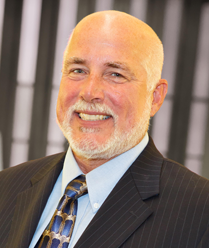
Rick Broniec, MEd. is a professional Keynote speaker, writer, coach and transformational workshop facilitator. He is an active member of the National Speakers Association. Rick taught International Baccalaureate Chemistry in an urban public high school for 35 years and is recognized as a “Master Teacher” through entry in the SE Wisconsin Educator’s Hall of Fame. Rick has been honored with a number of national awards, including The Presidential Award for Excellence (from President Ronald Reagan), the Kohl Award and the Tandy Award.
In addition, Rick has worked in the leadership training and personal growth field for more than 30 years as an author, speaker, workshop leader, leader trainer and multicultural awareness trainer. Rick is certified as a Full Leader and Leader Trainer for the ManKind Project International (MKPI) since 1992, leading well over 160 trainings for that not-for-profit men’s organization. Rick is also a leader in multicultural work for MKPI and has lead over 40 Multicultural Awareness Workshops around the globe. Rick has recently published his second book, “The Seven Generations Story: An Incentive for Healing Yourself, Your Family and the Planet”, which follows his first book, “A Passionate Life: 7 Steps for Reclaiming Your Passion, Purpose and Joy” (both available in hard copy or on Kindle).
Rick resides in Vista, CA. He is the father of three wonderful daughters and the grandfather of three spectacular granddaughters, his greatest teachers. When Rick is not working, he enjoys riding his Harley Davidson motorcycle, camping, golfing and reading voraciously.





